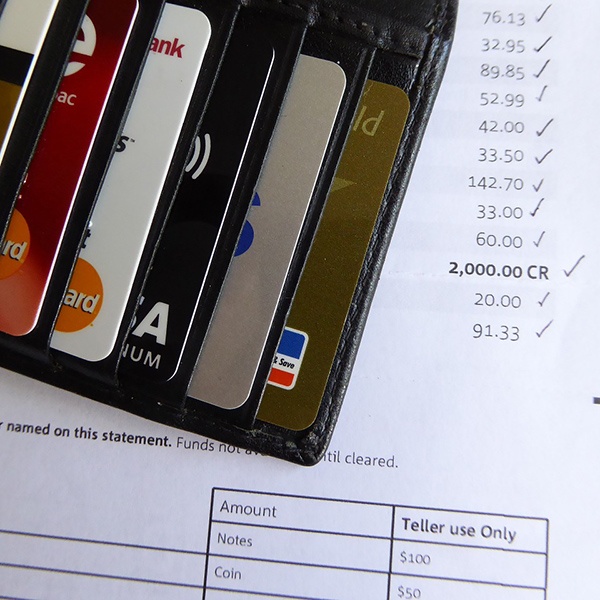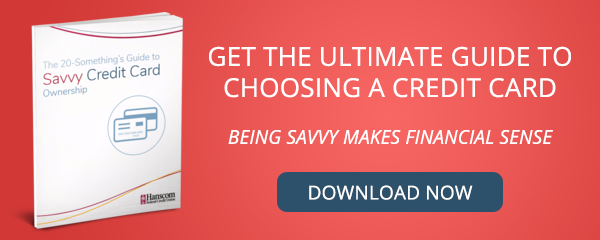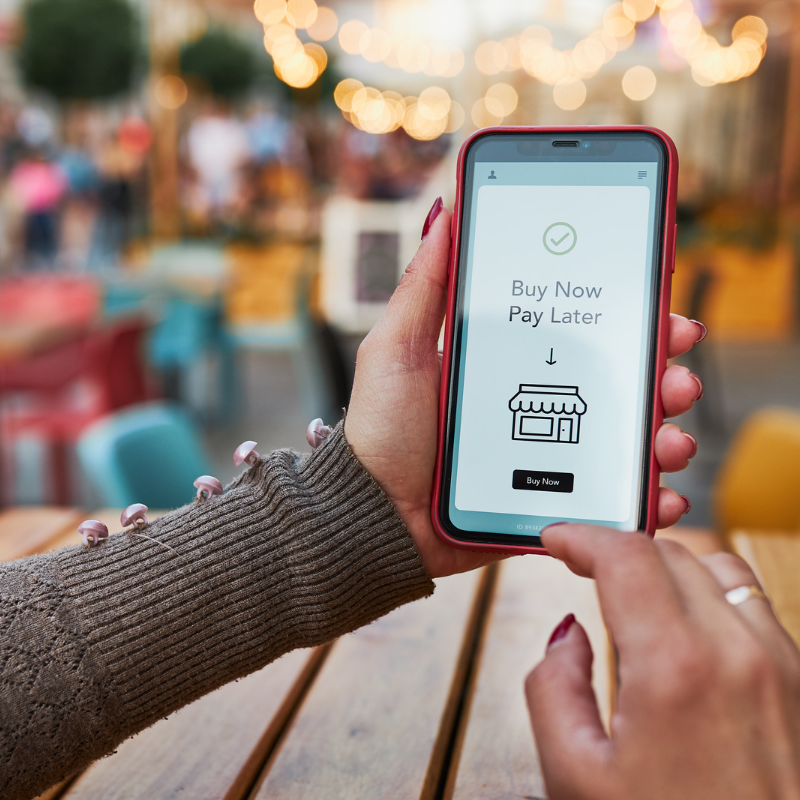There’s no doubt about it — credit cards offer the utmost in convenience. They’re accepted everywhere and since you only get a bill once a month, you don’t have to have any cash available to pay for things when you purchase them. In fact, you can take a week’s vacation to Tahiti with absolutely no money to your name.
I kind of did that once but instead of Tahiti, I went to San Diego. I was having a rough time at work, was sick of snow and really felt the need to get away. I booked a flight, visited the zoo, laid on the beach and came back refreshed and ready to take on the world. I felt good, until 2 weeks later when my Visa bill came and I saw the damage I had done. I think it made me feel worse than I did before I left for my last-minute vacation.
And therein lies the trouble. Convenience can be very dangerous. Of course I couldn’t pay the entire bill, so months later, when it was finally back down to zero, I realized how much extra the trip had cost me in interest payments. I vowed never to do that again.
Having a credit card is a big responsibility and unless you want to get caught up in a cycle of minimum monthly payments, you need to learn how to use one correctly.
Here are a few quick tips for Responsible Credit Card Use:
- In a best-case scenario, pay off your balance every month to avoid interest charges.
- If you can’t pay it off, always pay as much as you can towards your bill to avoid getting hit with big interest rate charges.
- Never just pay the minimum amount due unless you’re desperate.
- Use it (rather than a debit card) for shopping online — it’s your most secure option.
- Make all your payments on time to avoid late fees and an increased interest rate.
- Avoid getting multiple store-branded credit cards — it’s too difficult to keep track of your spending and all those due dates.
- Have a credit card tucked away that you can use in case of an emergency.
Stop the Insanity! A Lesson in Responsible Credit Card Usage
How you handle your credit card and loan payments directly affects your credit score and what potential lenders will see when they conduct a credit score review. (You can get your credit report and score for free at Hanscom FCU.) In fact, it makes up 35% — the largest contributing factor to your overall score. Why is this important? Your credit score affects almost every area of your life — your ability to borrow money at a low interest rate (vs. a high interest rate with bad credit loans), to qualify for an apartment, to get a job, and even who will date you. So you must be very careful with the money you borrow through credit cards and loans.
Yes, you should have a credit card. Do your research and pick a card that offers a fixed low interest rate and no annual, balance transfer or cash advance fees. Be mindful of how you use it and never let the balance grow to more than 30% of your credit limit if you want to keep your credit score intact.
If you're just starting to build your credit, grab our free Credit Card eBook below and learn more about The Dos and Don'ts of using a credit card. Follow the tips contained in this eBook and you will have lots of good credit karma while using your credit cards!














Comment